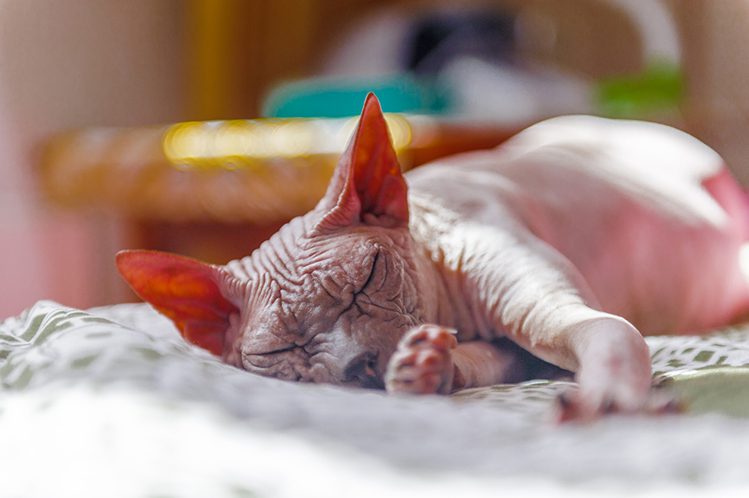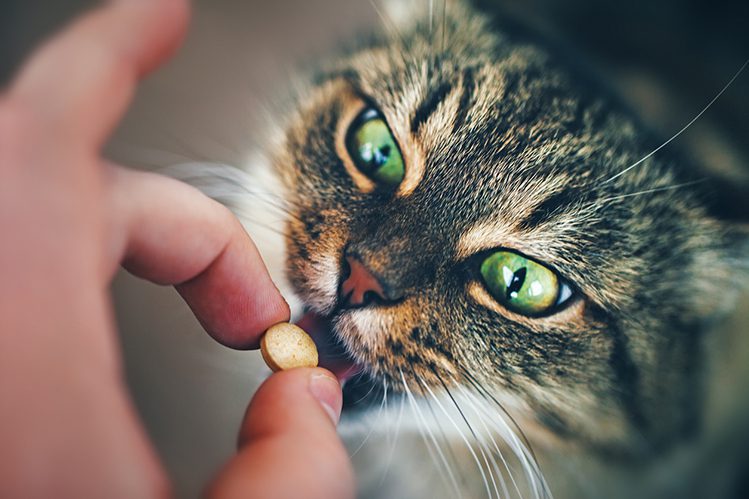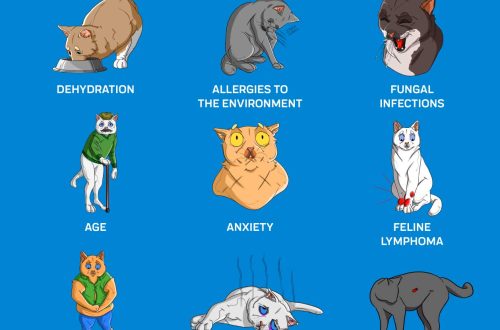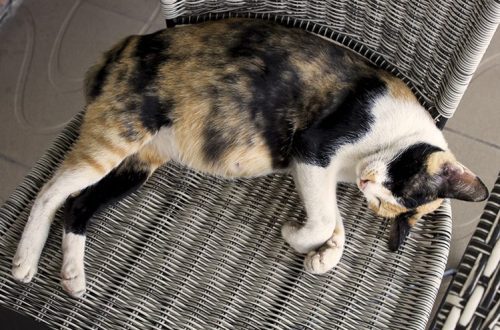
Cystitis in a cat: what to do?
From the previous article, we know . What to do if you notice signs of illness in your pet? What is the treatment and prevention of cystitis based on?
If your cat shows symptoms of cystitis, contact your veterinarian as soon as possible. He will examine the pet, conduct tests and ultrasound, establish a diagnosis and prescribe treatment.
Cystitis will not go away on its own, it cannot be cured on its own. If only because it is impossible to diagnose this disease at home. Symptoms of cystitis are similar to those of other diseases of the urinary system, and only a specialist can determine the problem. Without timely treatment, the disease will become chronic, which will negatively affect the quality of life of the cat in the future.
Treatment for cystitis includes:
– elimination of the causes of the disease,
– relief of pain and spasms,
– destruction of pathogenic bacteria in the bladder,
– relieve inflammation in the bladder,
– cleansing the bladder from the effects of inflammation,
– in case of dehydration, an animal is prescribed a dropper.
The complex of medicines is selected based on the picture of the disease, the state of health of the cat and its individual characteristics. Incorrectly selected drugs at best will not bring an effect, and at worst – will lead to death. Do not be self-employed!
Treatment can only be prescribed by a veterinarian!
During the period of treatment and rehabilitation, the cat should not be disturbed. Make sure that her sleeping place is dry and warm and there are no drafts in the room. To maintain a healthy urinary system, you will need a special diet (for example, Monge Urinary Cat). The choice of diet must be discussed with the veterinarian.
A proper diet plays a key role in the treatment and subsequent recovery of the body. Strictly follow the recommendations and the norm of feeding. No products from the table!

To prevent cystitis, it is enough to properly care for your pet. What points to pay attention to first of all?
– Make sure that the cat is always warm, that she sleeps on a warm, dry bed and does not fall into drafts (especially after bathing).
– Provide the right diet: the food should be of high quality and balanced. Do not give your pet human delicacies.
– Clean drinking water should always be freely available.
– Timely clean up the tray so that the pet does not disdain to use it and does not hold back the urge.
— Follow the schedule of vaccination and treatment against parasites.
– Visit the veterinarian not only for ailments, but also in order to prevent them.
With a tendency to diseases of the urinary system, the cat will need a special diet and dietary supplements (biologically active additives, such as “Cistophane” with L-tryptophan). Dietary supplements for the prevention of cystitis relieve inflammation, regulate the function of the urinary tract, prevent the onset of the disease and its relapse. They have no contraindications and side effects. The diet is prescribed on an ongoing basis, and dietary supplements are used in courses.
The choice of diet and dietary supplements must be agreed with the veterinarian!
Diets and supplements will only be effective if the recommendations are followed. Even if you get the best medical diet for a cat, but continue to feed it with food from the table, there will be no benefit. Dosage and consistency are important when using supplements.

Proper maintenance, a balanced diet and constant monitoring of health – this is the prevention of cystitis.





